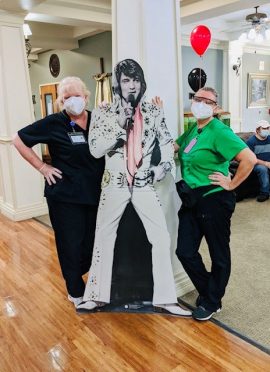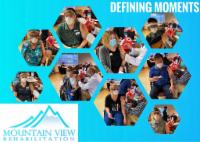By Elyse Matson, MA CCC-SLP, SLP Resource
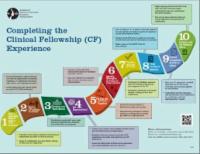 One of our initiatives for 2021 is to increase our SLP programming, thus providing a more cohesive and multi-disciplinary approach to care. Hiring SLPs can be challenging depending on the market. One way to increase the number of candidates for SLP positions is to consider hiring a newly graduated SLP, also referred to as a CFY.
One of our initiatives for 2021 is to increase our SLP programming, thus providing a more cohesive and multi-disciplinary approach to care. Hiring SLPs can be challenging depending on the market. One way to increase the number of candidates for SLP positions is to consider hiring a newly graduated SLP, also referred to as a CFY.
What is a CFY? CFY stands for Clinical Fellowship Year. Think of it like a residency. It is a mentored experience to better transition SLPs from student to licensed and certified clinician. In order to hire a CFY, a licensed and certified SLP needs to agree to mentor for approximately nine months if it is a full-time position. This involves some supervision and guidance of the CFY, depending on the state regulations. In addition, the licensed SLP needs some training in supervision. These regulations vary by state.
There are numerous benefits to hiring a CFY. The new grad is likely to be motivated to learn, eager to build a caseload and willing to accept guidance. A CFY is not a student. If you hire a new grad SLP, they are a regular employee. The only difference is they require some supervision from another SLP. During the COVID-19 pandemic, ASHA is allowing tele-supervision. The mentor needs to be licensed in the state where the CFY will be working. See the changes for 2020 here: 2020 requirements ASHA SLP Crosswalk.
If the new grad will be the only SLP in the facility, make sure to talk with them about how they will handle that challenge so they are clear on what their role in the facility will look like. To help with recruiting efforts, consider stating in the position “CFY accepted,” which will help let new grads know they can apply. Whether they will join a team of SLPs or be the sole provider, hiring a CFY might be just what’s needed to invigorate your SLP programs.
Please feel free to reach out to me if you need assistance with interviewing and decision making with CFYs. Click here for more information from ASHA : https://www.asha.org/certification/completing-the-clinical-fellowship-experience/

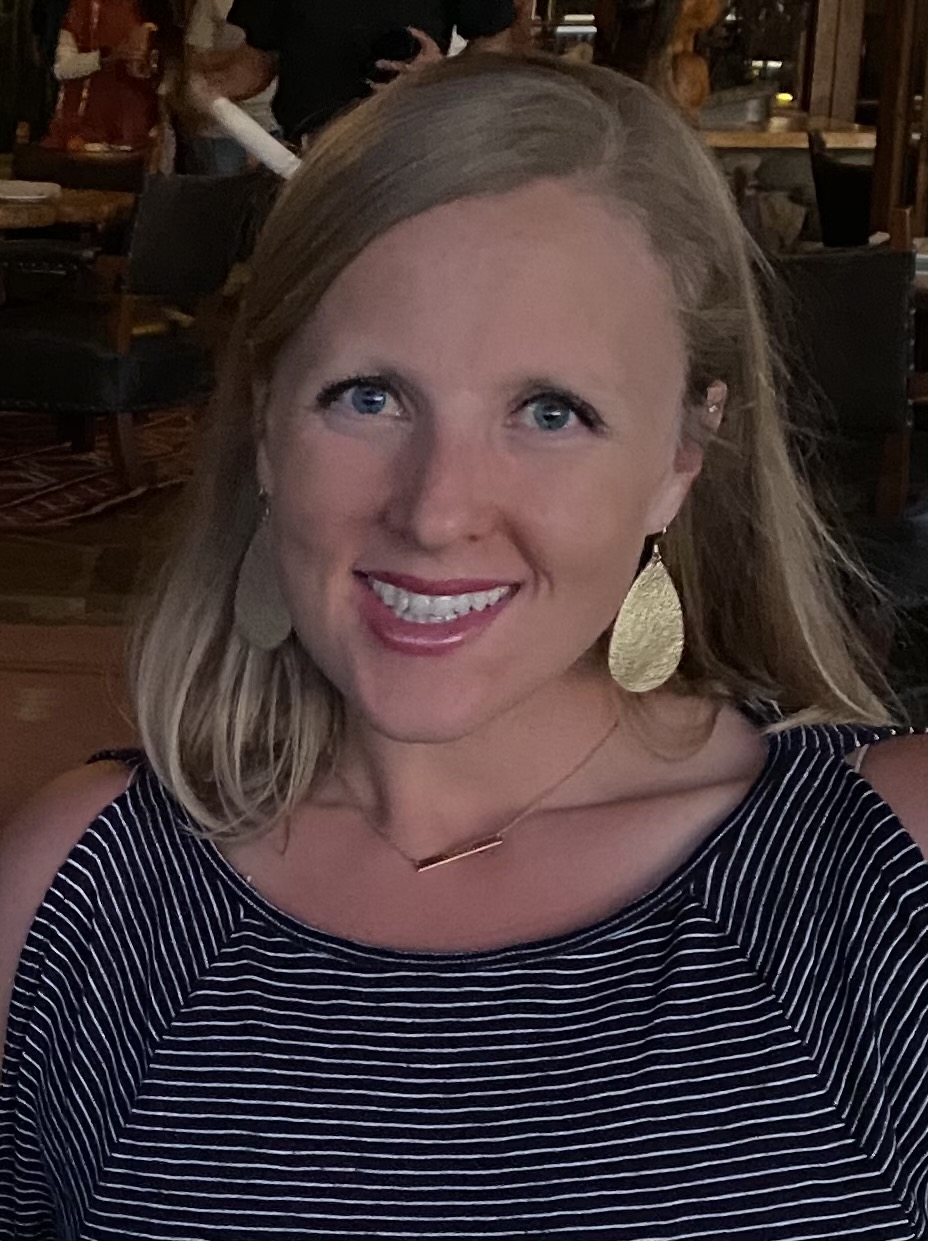
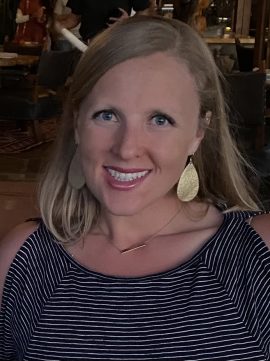 Caitlin Colteryahn is our lead occupational therapist here at The Healthcare Resort of Leawood and has been with us for four years. Caitlin graduated from Rockhurst University in 2014. She has been married for 10 years and has two boys. She loves spending time outdoors and traveling, especially with friends and family.
Caitlin Colteryahn is our lead occupational therapist here at The Healthcare Resort of Leawood and has been with us for four years. Caitlin graduated from Rockhurst University in 2014. She has been married for 10 years and has two boys. She loves spending time outdoors and traveling, especially with friends and family.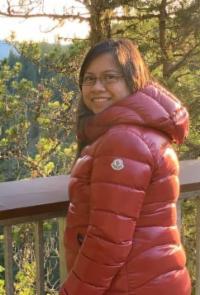
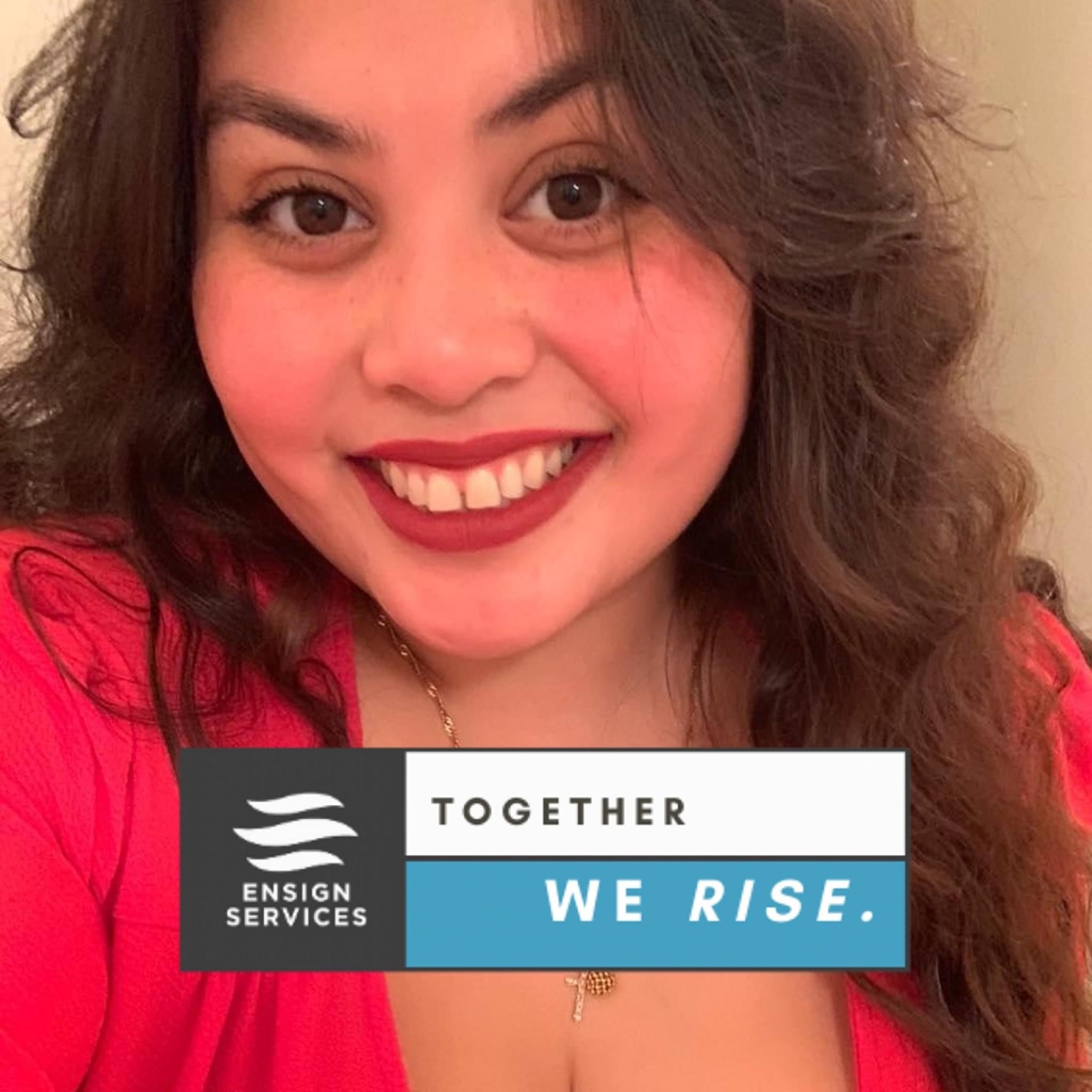
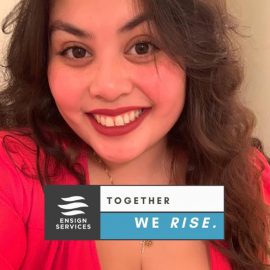 All in the Family
All in the Family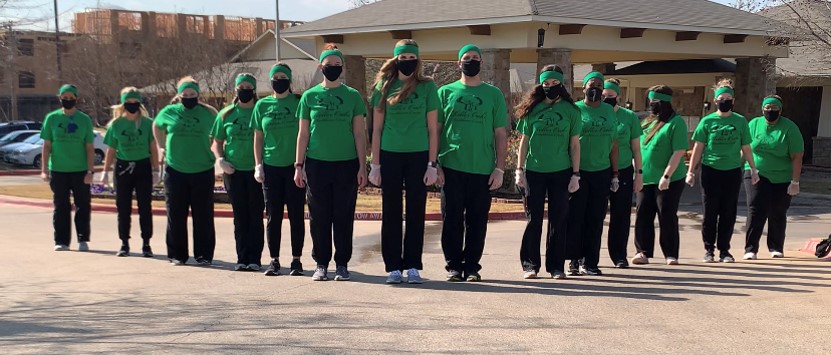
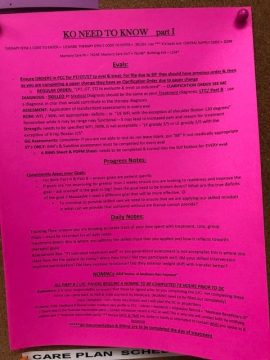 Kristin Ryther, the therapy program manager at Keller, has been a breath of fresh air in a very trying year at a facility that has been hit hard by COVID on multiple occasions. We asked her to share a bit of her best practices and were blown away by what is developing there.
Kristin Ryther, the therapy program manager at Keller, has been a breath of fresh air in a very trying year at a facility that has been hit hard by COVID on multiple occasions. We asked her to share a bit of her best practices and were blown away by what is developing there.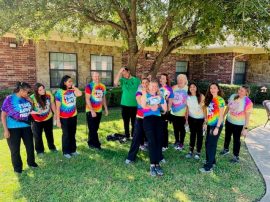 gratitude. Kristin has become a champion of championing others. She works to identify strengths in each of her team members and then assigns responsibilities appropriately. Each member has a strength; slow down and find it! It may be that they have special attention to individual treatments; they may be strong at scheduling, growing programs, or even leading the infection control of the gym. List them out and recognize them.
gratitude. Kristin has become a champion of championing others. She works to identify strengths in each of her team members and then assigns responsibilities appropriately. Each member has a strength; slow down and find it! It may be that they have special attention to individual treatments; they may be strong at scheduling, growing programs, or even leading the infection control of the gym. List them out and recognize them.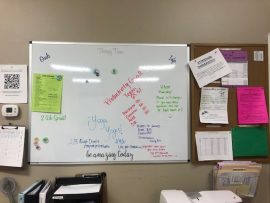 Set clear goals and expectations. Kristin sets goals for “2 week sprints.” Some programs are short projects. She assigns a leader and assists with facilitation but allows for teamwork so they meet their goals. She posts the sprints on the communication board, writes about it, takes pictures and then celebrates it. Short-term goals like this make it manageable, and then the challenge is less likely to be pushed off down the road.
Set clear goals and expectations. Kristin sets goals for “2 week sprints.” Some programs are short projects. She assigns a leader and assists with facilitation but allows for teamwork so they meet their goals. She posts the sprints on the communication board, writes about it, takes pictures and then celebrates it. Short-term goals like this make it manageable, and then the challenge is less likely to be pushed off down the road.